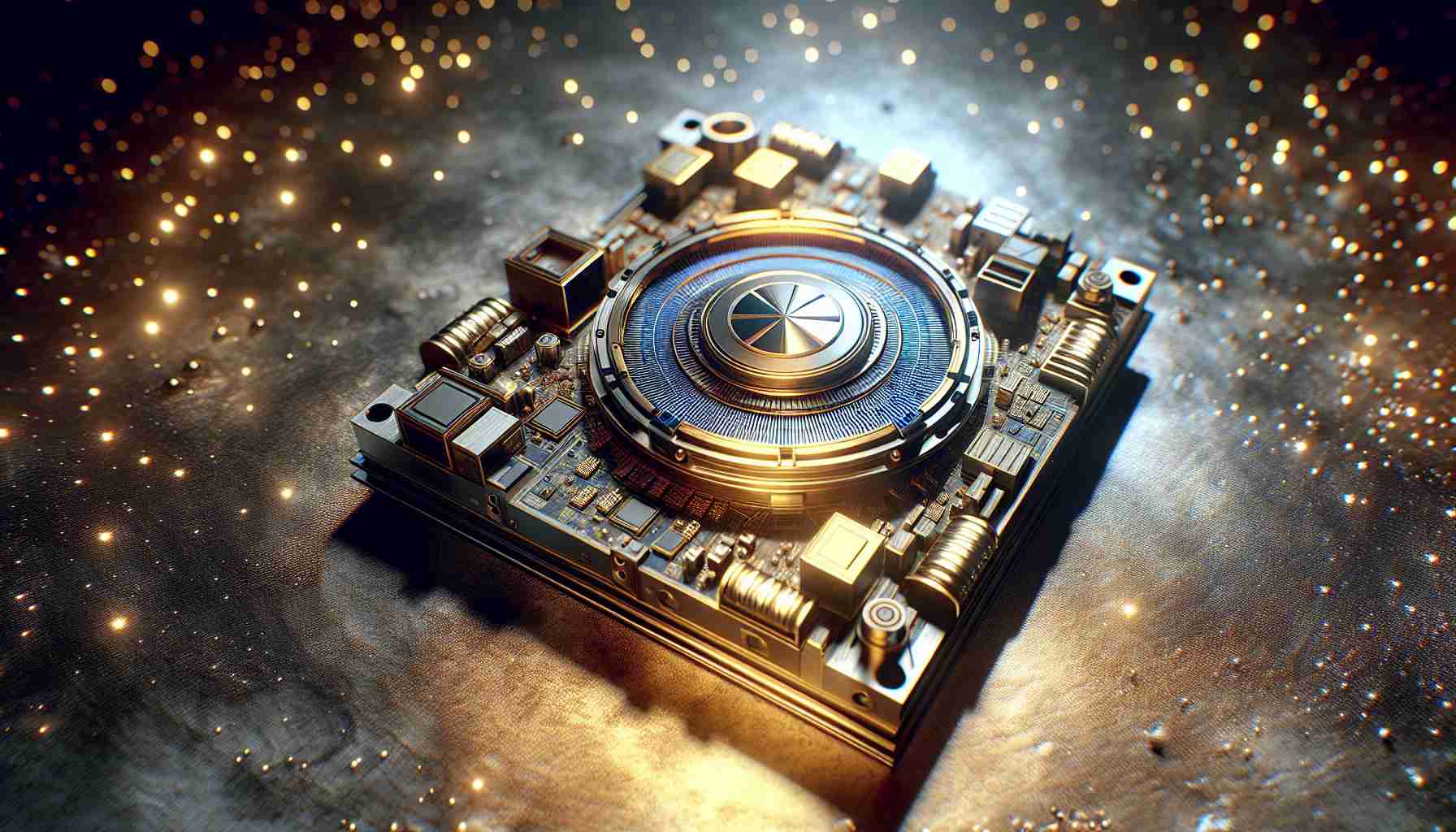The Defense Department has recently allocated a significant contract to pioneer quantum technology company Infleqtion to advance its atomic timing technology.
This multimillion-dollar contract, revealed on December 2, falls under the umbrella of the Pentagon’s APFIT initiative, aimed at expediting the adoption of cutting-edge technologies. Operating across the United States, United Kingdom, and Australia, Infleqtion has positioned itself as a key player in the realm of quantum technology.
Military interests are increasingly shifting towards GPS-independent navigation solutions amidst apprehensions over the vulnerabilities of the Global Positioning System. In scenarios such as conflict zones or cyber intrusions, the reliability of GPS signals can be compromised through jamming, spoofing, or interference.
A groundbreaking development by Infleqtion is their compact optical atomic clock, Tiqker, which can seamlessly integrate into standard server racks. By harnessing quantum sensing, this technology enables precise measurement of physical quantities by manipulating atomic quantum states.
Infleqtion’s CEO, Matthew Kinsella, emphasized that Tiqker serves as a quantum-driven atomic clock tailored to meet the demands of national security and commercial sectors. The recent funding injection will play a pivotal role in expediting the deployment and integration of these advanced clocks within defense systems.
The broader quantum timing landscape in defense technology is also witnessing significant investments through the APFIT program, with California-based Vector Atomic securing a parallel $11 million contract for their optical clock development.
New Quantum Timing Innovations Revolutionizing Defense Technology
The recent groundbreaking contract awarded to Infleqtion by the Defense Department marks a significant step towards advancing quantum timing technology for defense applications. While the previous article highlighted the development of Infleqtion’s Tiqker atomic clock, there are additional key developments and questions that merit attention in the realm of quantum timing innovations.
What are the implications of quantum timing innovations for defense technology?
Quantum timing innovations offer the potential to revolutionize defense technology by providing high-precision and secure timing solutions that are resilient to GPS vulnerabilities. These advancements could enhance critical capabilities like navigation, communication, and synchronization in military operations.
Can quantum timing technologies address emerging threats to GPS systems effectively?
One of the primary advantages of quantum timing technologies is their ability to offer GPS-independent navigation solutions that are immune to jamming, spoofing, and interference. By leveraging quantum principles, these technologies can mitigate the risks associated with GPS signal disruptions in conflict zones and cyber warfare scenarios.
What are the key challenges associated with the integration of quantum timing solutions in defense systems?
Despite their potential benefits, the integration of quantum timing solutions into existing defense systems poses challenges related to scalability, cost-effectiveness, and interoperability. Ensuring seamless integration with legacy technologies and addressing cybersecurity concerns are crucial hurdles that need to be overcome.
Advantages and Disadvantages of Quantum Timing Innovations in Defense
Advantages:
– Enhanced precision and security in timing applications
– Reduced reliance on vulnerable GPS systems
– Potential for improved operational efficiency and situational awareness
Disadvantages:
– High initial investment costs for developing and deploying quantum timing solutions
– Complexity of integrating quantum technologies with existing defense infrastructure
– Ongoing maintenance and calibration requirements for quantum timing devices
The recent contracts awarded to companies like Infleqtion and Vector Atomic underscore the growing importance of quantum timing innovations in defense technology. These developments not only signify a shift towards next-generation timing solutions but also raise important questions about the practical implementation and long-term implications of quantum technologies in military operations.
For further insights into quantum timing innovations and their impact on defense technology, visit the Department of Defense website.





